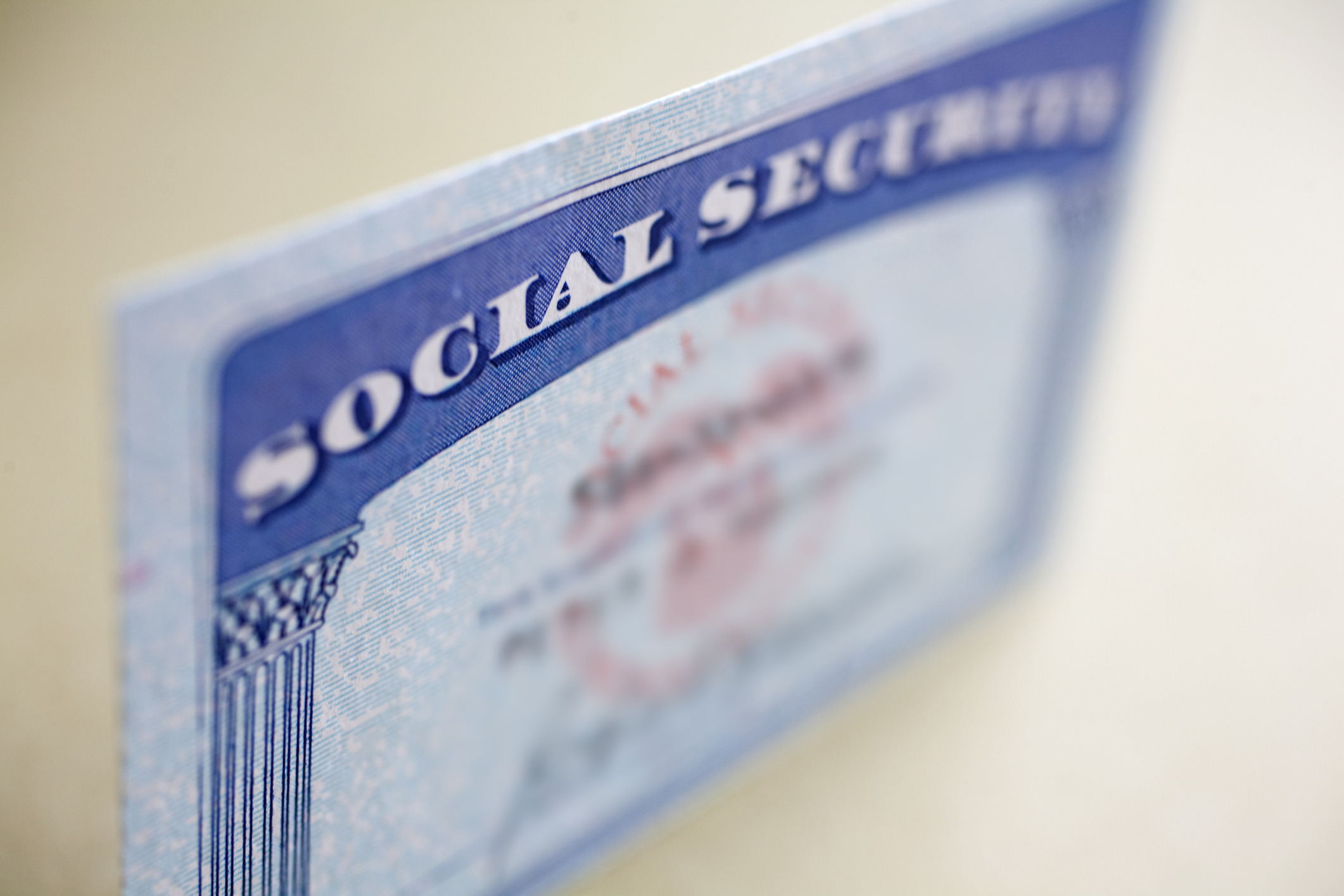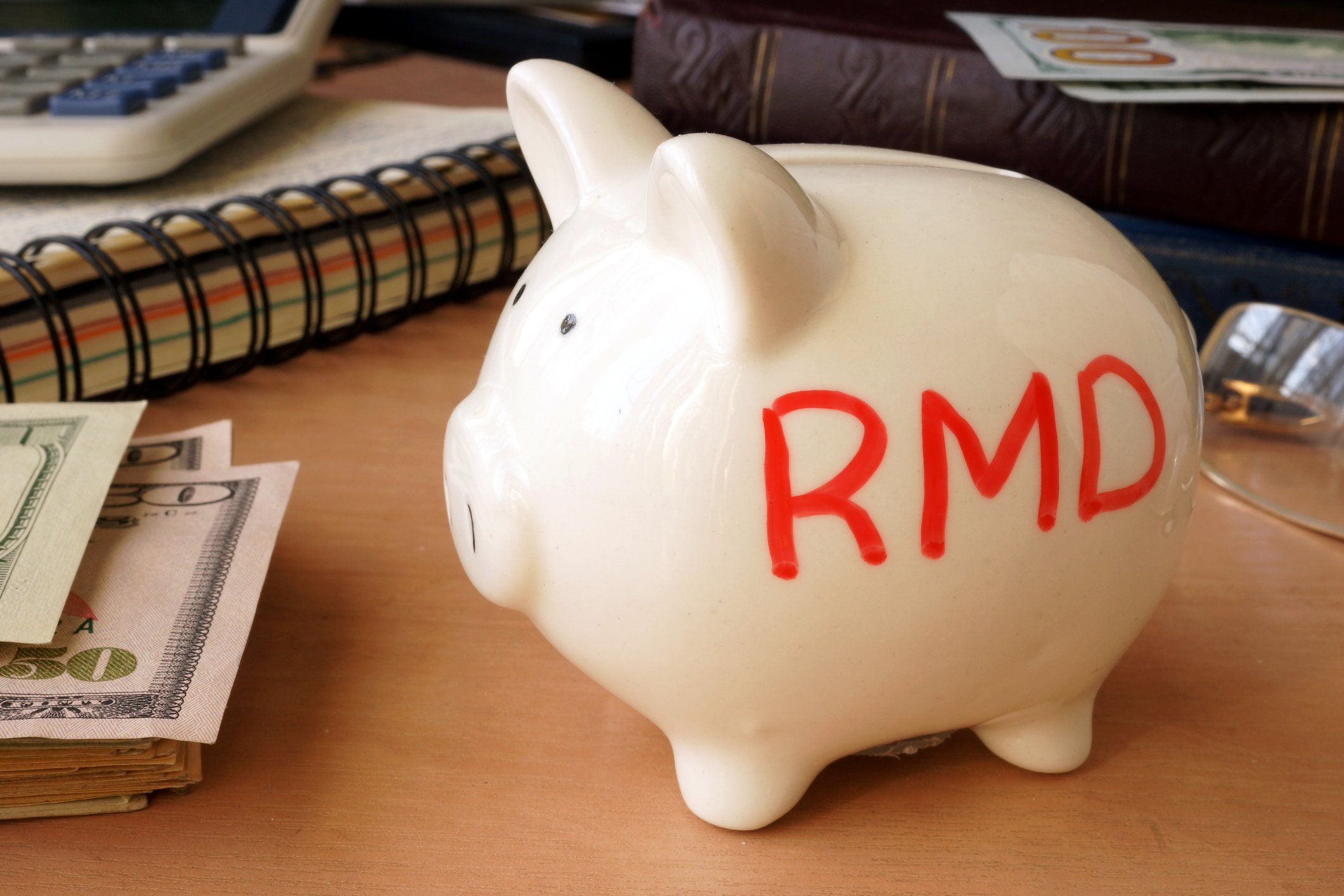As the name implies, retirement savings are meant to be left alone until retirement. Cashing out early not only can result in a hefty tax bill in the meantime but can be devastating to your financial security later in life.
Surprisingly, more than one-third of Americans who change jobs do exactly that, according to a new report. Here's a rundown of what Americans are choosing to do with their retirement savings after leaving their jobs and why cashing out is an even worse option than you might think.

Image Source: Getty Images.
The worst retirement savings option when changing jobs
When you leave a job with an employer-sponsored retirement plan such as a 401(k) or 403(b), four options might be available to you. You could:
- Choose to combine the account into your new employer's plan, if allowed.
- Leave the money in your old employer's plan if you have more than a certain minimum balance.
- Roll it over into an IRA.
- Cash it out and take a lump-sum distribution.
As you might imagine, the first three can all be good options, depending on your situation. All three allow you to keep your money invested until you retire and prevent you from getting hit with penalties and income taxes.
Unfortunately, far too many people choose to cash out. According to a report by Fidelity, 35% of employees who changed jobs in 2017 decided to cash out their retirement plan. That's more than one out of every three people.
|
Action |
% of Employees Changing Jobs in 2017 |
|---|---|
|
Leave the account alone in old employer's plan |
42% |
|
Cash out |
35% |
|
Roll over into new employer's plan or IRA |
24% |
Data Source: Fidelity.
Why are so many people cashing out?
To be fair, there can be some valid reasons for cashing out. Although tapping into retirement savings early should generally be viewed as a last resort, if it's the only way a terminated employee can cover their living expenses between jobs, it certainly makes sense.
Additionally, if the person changing jobs is over 55, the IRS rules allow for penalty-free distributions from a qualified retirement plan if the account owner no longer works for the sponsoring employer. So it could make sense for older workers to use 401(k) savings after being laid off, especially since they don't have to worry about IRS penalties.
However, not all 401(k) cash-outs make sense. For example, a common reason people cash out their old 401(k) is to pay off high-interest credit card debt. While this might sound like a smart idea, consider that you'll have to pay income tax on withdrawals from tax-deferred retirement accounts, plus a 10% early-withdrawal penalty if you're under the standard withdrawal age. If you're in the 22% federal income tax bracket and pay a 5% state tax rate, this is a 37% reduction in your 401(k)'s value. Even if your credit card's interest rate is more than 20%, it's tough to justify this.
Why is cashing out such a big deal?
Furthermore, many people simply don't realize how much harm they're doing to their future financial security by cashing out. This is especially true in the younger age groups. In fact, the cash-out rate among workers in the 20-to-29 age group who changed jobs was 41% in 2017 -- the highest of all. And 30- to 39-year-olds weren't much better, with a 38% cash-out rate.
Here's why it's such a big deal. Let's say that you're 35 and decide to accept a new job offer. You have $30,000 in your employer's 401(k) plan, and you're considering cashing it out in order to pay off some debt and to cover the relocation costs associated with starting the new job. Well, assuming a 22% federal marginal tax rate, a 5% state income tax rate, and the 10% IRS early-withdrawal penalty, your $30,000 will effectively turn into $18,900.
On the other hand, if you leave your money invested and achieve a historically conservative 7% annualized return, your $30,000 could grow into more than $228,000 by the time you're 65 and ready to retire. This could have a big impact on your financial security in retirement.
While this is a simplified example, the decision to cash out comes down to a choice between having a small chunk of money now or a lot of money later when you'll really need it. Seems like a no-brainer to me.





